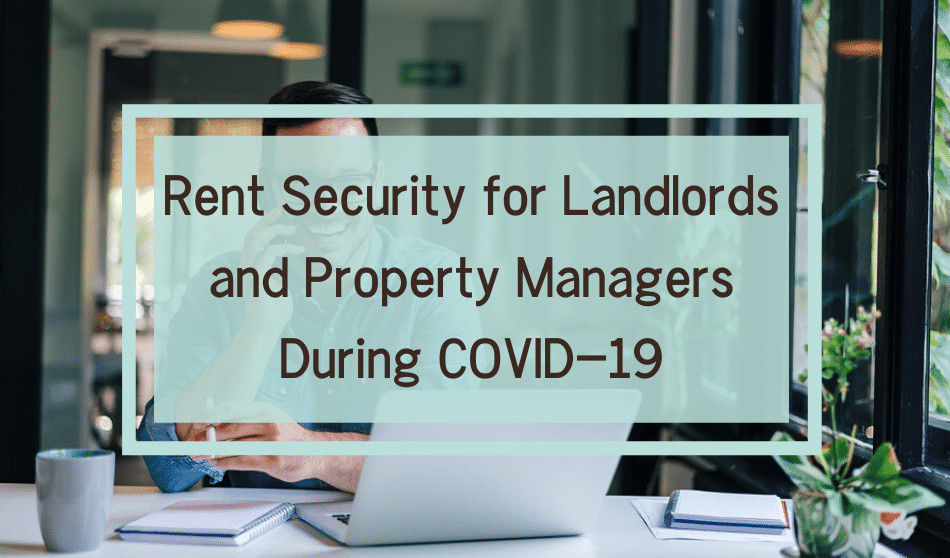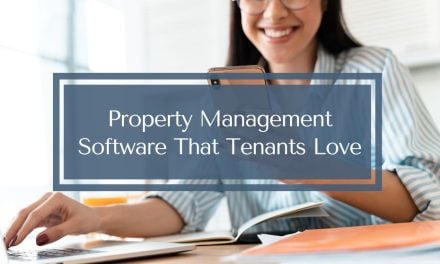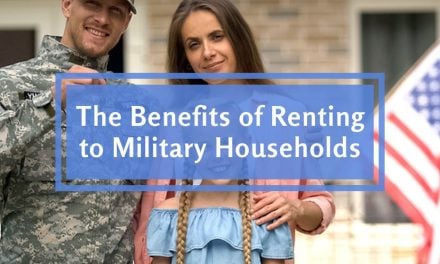 What can landlords and property managers do to serve the community with fairness and integrity while also upholding their fiscal responsibility obligations to themselves and to their clients?
What can landlords and property managers do to serve the community with fairness and integrity while also upholding their fiscal responsibility obligations to themselves and to their clients?
As layoff announcements ramp up and unemployment numbers soar to levels not seen since the Great Depression, responsible property managers need to examine how best to gain insight into the income stability of both applicants and tenants.
With the impact from this global pandemic, more renters than ever are in tenuous spots today.
Strategic landlords are seeking the best information they can get their hands on these days when making decisions about their rental business. One of the safest ways to protect a rental property involves thorough tenant screening to find a qualified applicant who can uphold the lease terms and pay rent.
When following legal tenant screening processes, one looks at an applicant’s financial responsibility as seen on a credit report and verifies income to ensure rent obligations can be met.
It’s no wonder, when uncertainty increases, we all reach for concrete answers. And even under normal circumstances, it can be a challenge for landlords to work with tenants who are on shaky financial ground.
Income Verification During Tenant Screening
The traditional route of collecting pay stubs and bank statements, on the surface, is the historic go-to practice-one landlords continue to rely on.
However, my position is that the old approach is not the best approach. Why? Because it’s so easy to generate fake pay stubs and bank statements online these days (on average, it takes ~4 minutes), that you just can’t be sure what you are seeing is useful or valid info.
Even before the virus took hold, one in five applications included stated income that has been inflated and one in 12 applications included false income information.
Landlords need to get over this hurdle and move into the future with automated and independently verified income. As you may have seen, Rentec Direct offers all clients a feature to automate income verification, which draws on actual data from the bank account of your applicant or existing tenant. This service (powered by The Closing Docs) reveals up-to-the-minute income and there is no opportunity to manipulate the data shown in the income verification report.
It also eliminates any guesswork regarding whether someone has the capacity to pay rent going forward.
When to Run an Income Verification Report
When is the right time to originate requests for automated income verification?
New applicants
In the case of new applicants, you need to validate whether they can meet the monthly rent obligation.
Prior to renewing existing tenants
The same goes for existing tenants. Job statuses and other income sources can change. Before signing tenants up for another lease term, it’s wise to verify they are currently receiving income deposits.
When existing tenants come to you for rent relief
When tenants ask for rent relief due to changes in employment status, there is no better way to determine the extent of their hardship than reviewing up-to-the-minute deposit history. That info will support discussing potential terms with owners, providing current data to defend any position.
Eliminate Dishonest Rental Applicants
As an additional benefit, our clients tell us that applicants are opting out of the application process once they arrive at the request for independent income verification.
This stage is a moment of truth; when the applicant learns their income is going to be independently verified, they conduct a point analysis and determine whether to proceed.
What does this mean for you? Well, you’ll no longer spend time screening an applicant who ultimately isn’t going to win approval. That time saved costs you nothing, but gives you extra minutes, hours, or days that will shorten marketing time, or free you up to go hunt new accounts to manage.
Now more than ever, automated income verification is the right approach to gain confidence, increase accuracy, expedite approval, and protect your rental properties.






Hi Kaycee, thanks for the article. I’ve tried this twice now. First tenants did no problem, then second said they had back experience with bank access before and were not willing to do. what is the response when tenants push back like this and say they are afraid of giving access to the system? Is there any risk associated with this system?
HiGlen,
I spoke with our friends at The Closing Docs, our income-verification partners, and raised the question of hesitant applicants. Here’s what they had to say, which will hopefully help your tenants feel more confident with income verification.
“Our data suggests this sort of resistance arises in less than 1% of cases. If your data suggests it’s more frequent, the below ideas and messaging should help.
The Closing Docs is in-network with 99% of the financial institutions serving the U.S. Sharing this tidbit often puts people at ease, especially when you point how those institutions would dump us fast enough to make your head spin if there were any funny business going on. Also, we’re 100% compliant with the Federal Fair Credit Reporting Act. Same story. They would shut us down immediately if it were warranted. Finally, we’re supporting companies managing hundreds of thousands of doors, all over the country, who rely on our services to get applicants approved and existing tenants renewed.
To reiterate, we have learned from our own testing as well as from clients that the best results come when you are sure to let the applicant know in advance the request is forthcoming and what it entails. We have folks explain it’s a bit like credit screening but less invasive (don’t have to share social security number). Also, the independent income verification leaves them sharing less info than uploading statements (account numbers) and pay stubs (company info, deductions detail about health care coverage or other deductions). That lays the groundwork early on in conveying it’s a required step in the process. When they then receive the invite, it’s not news nor is it strange.
And, a good one we’ve heard from customers is when they tell applicants who are uneasy, “Look, we’re in the business of getting you into a new home, not fraud. If we were fraudsters, I could assume your identity. You’ve given me your social, your address, your DL number, where you work, vehicle license plates, etc. We are setting up a relationship for success and that starts with trust. Let’s work together to get you into a new home.”
You can find more tips and best practices here: https://theclosingdocs.freshdesk.com/support/solutions/articles/61000224907-automated-income-verification-best-practices
Hope it helps 🙂
How to apply for relief landlord covid
I’m not clear on your question but perhaps these two articles might prove useful and point you in the right direction: